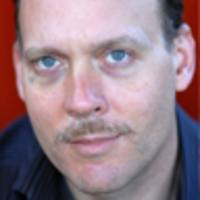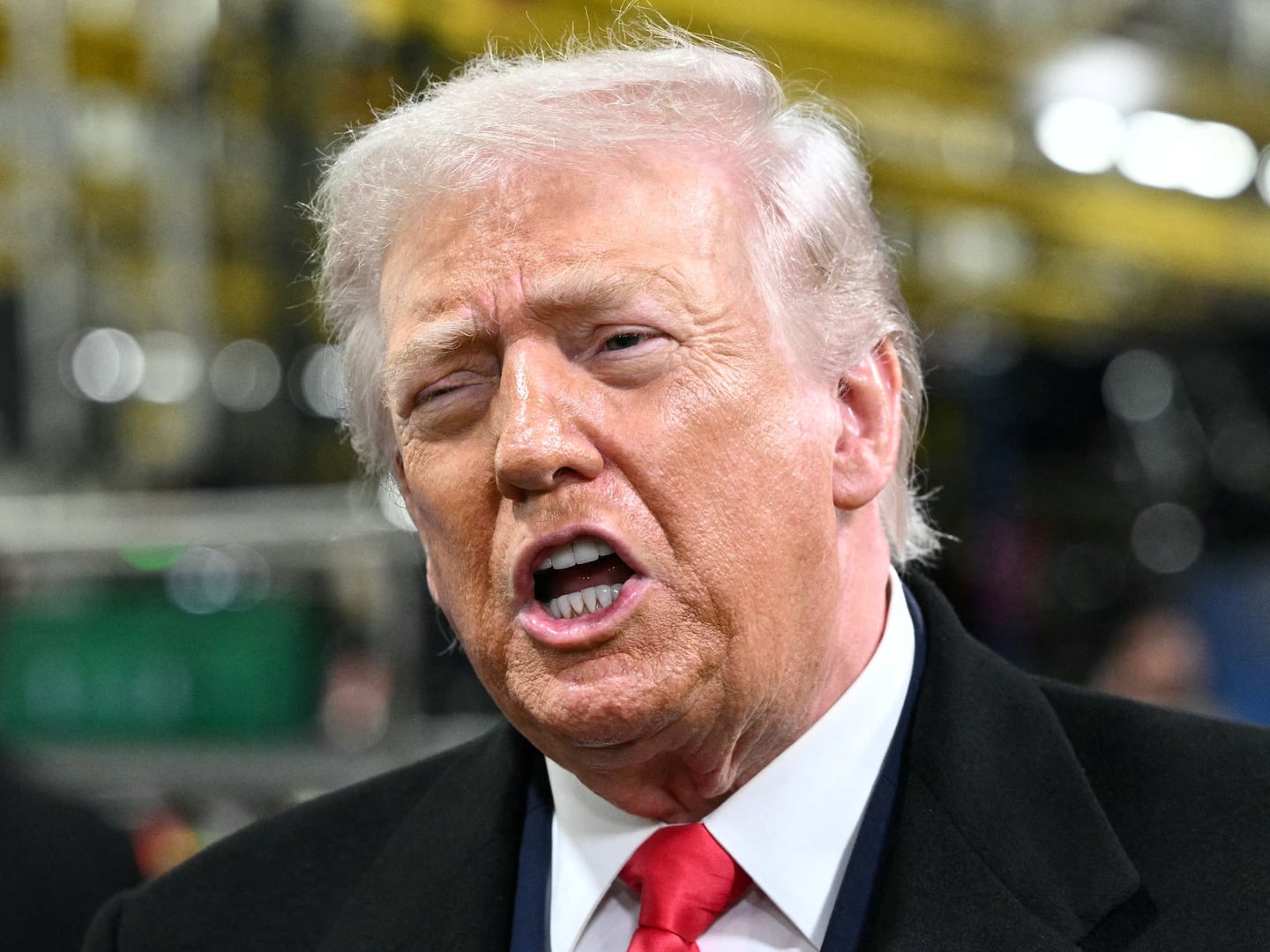In 2008, Jon Roberts, a convicted cocaine trafficker, made a startling claim to me: that more than three decades earlier he had participated in a murder with a man named Ricky Prado, who later entered the Central Intelligence Agency and became a top American spy. The murder to which Roberts referred was one of Miami’s most infamous, that of Richard Schwartz, stepson of the legendary mobster Meyer Lansky. Schwartz was killed on the morning of October 12, 1977, behind a restaurant. He was exiting his car when a person unknown approached him and fired twice with a shotgun. The murder has never been solved.
Roberts claimed that Prado was the shooter, provided by a local Cuban drug kingpin named Alberto “Albert” San Pedro, for whom Prado worked as an enforcer and occasional hit man. What made Roberts’s story unbelievable was his claim that shortly after the shooting, Prado joined the CIA.
Not long after Roberts told his tale, I found there was a CIA officer named Enrique "Ricky" Prado, who joined the agency in 1982 and eventually attained the rank of SIS-2, the equivalent of a two-star general. He served as a supervisor in the bin Laden unit, and by the time of the 9/11 attacks, he was a top official in the CIA's counterterrorist center. He later ran the "targeted assassination unit"—first at the agency and then at Blackwater, where he served as vice-president from 2004 to 2008. During much of his career in and out of the CIA, Prado worked closely with J. Cofer Black, now a top adviser to Mitt Romney.
It was impossible to believe that Roberts's allegations about Prado had merit until I found long- suppressed files from a 1991 federal RICO and murder investigation that targeted Prado for his alleged role as a criminal enforcer for San Pedro prior to joining the CIA. No charges were filed against Prado. A subpoena compelling him to testify before a federal grand jury was quashed. His rise in the CIA continued after the case disappeared. Officers who know him described him to me as a “good guy.”
But law enforcement officials from the 1991 investigation tell a different story. In interviews I conducted with more than a dozen, they offered a disturbing portrait of a case abandoned because of CIA intervention, political maneuvering, and corruption. Their evidence linked Prado not just to the Schwartz murder, but to several others. They also revealed Prado's continued association with San Pedro long after he joined the agency.
“It was a miscarriage of justice that Prado never faced charges,” says Mike Fisten, a former Miami- Dade detective who served on the federal task force. “The CIA fought us tooth and nail, and basically told us to go fuck ourselves.” Echoing other investigators, Fisten says that Prado beat the case because of his former boss Albert San Pedro’s “power to corrupt the American justice system.”

Fisten adds, “Ricky and Albert are two sides of the same coin, gangster and CIA officer. Those two are always connected. You can’t get one without the other.”
Ricky and Albert
Albert San Pedro, speaking unknowingly into an undercover cop’s tape recorder, once shared the quality he valued most in men who worked for him: “The best man is the quiet man.” Prado is the consummate quiet man. He was born Enrique Alejandro Prado on May 3, 1950, in Santa Clara, Cuba. The Prados were on the losing side of the revolution in 1959, and soon afterwards they fled to Miami. Enrique Sr. opened a lawn-mower shop and later became a locksmith.
Ricky and Albert San Pedro met around 1966 at Miami Springs High School. They shared a passion for weight lifting. About this time, Albert also started his first business: For fifty dollars, he would kick anybody’s ass. “If Albert couldn’t take someone physically, he would use a baseball bat, a tire iron, whatever,” says "Teo," a friend of theirs. “He was like a mobster guy already. Ricky was always by his side. He was his lieutenant.”
While other kids rode the currents of free love sweeping the nation in the late 1960s, Albert and Ricky went in the opposite direction. They kept their hair short and pomaded it back in ducktails. They didn’t smoke weed—though Albert would soon start selling it. Albert acquired a Chevy Chevelle SS muscle car. “When people saw that car coming,” says Teo, “they ran.”
After graduation, Ricky joined the military. A recruiter talked him into entering the Air Force special operations branch.
Albert still lived with his parents, but as profits from his nascent cocaine business rolled in, he reinvented his image from neighborhood bully to shot caller. Neighbors began referring to the twenty-four-year-old as the “Mayor of Hialeah.”
In 1973, Ricky was posted to Homestead Air Force base. In military terms, his special operations certification was like a Harvard MBA, but in the civilian job market, skills in knife fighting and improvised bomb making weren’t much in demand. He gravitated back to Albert and began doing odd jobs for him—providing muscle, delivering packages. Albert found a way for Ricky and other toughs who worked for him to legally carry weapons: He founded the Transworld Detective Agency. The company’s corporate filings listed Albert’s house as its headquarters and Ricky as its “president of records.”
In 1980, Ricky began sending applications to federal agencies. He told his wife that the State Department had hired him. They moved to Seabrook, Maryland, and he put on a suit every morning, telling his wife he “worked in a lab doing medical work.” He was in fact a recruit in the CIA's paramilitary officer program, and would soon be on his way to fight the agency's covert war to arm the contras in Central America. Somehow, the agency either missed or ignored his long association with Albert, who by then had been identified by law enforcement as one of the ten biggest cocaine traffickers in South Florida.
The CIA
On June 29, 1991, the RICO task force sent FBI Special Agent Fred Harden and Miami-Dade homicide sergeant Al Singleton to CIA headquarters to interview Prado. Prado was forty-one. His hairline was receding, but he was visibly muscle-bound even in a suit. He carried himself with almost exaggerated military precision.
When Harden asked Ricky about his relationship with Albert, he said they were “close friends” and admitted working for him as a bodyguard. He insisted he had no knowledge of Albert’s cocaine trafficking and had never committed any violent acts for him. But when Singleton pitched him the idea of cooperating against Albert in exchange for immunity, Ricky’s response floored the investigators. As noted in the federal report:
Prado advised that if he knew of any criminal activities on behalf of San Pedro, he would have to have protection. For example, if Prado witnessed San Pedro murder someone (and he is not implying that he did), Prado would definitely have to have protection for his family.
Believing they had secured his cooperation, Harden served Ricky with a subpoena to testify before a grand jury.
The task force prepared a thirty-four-page summary of twenty-nine acts with which to indict Ricky on RICO charges, but the U.S. Attorney’s office soon backed down. The CIA also ceased cooperating. “People started telling me that we were pissing upstream,” says Fisten. “But my attitude was fuck the CIA. If they want to obstruct our RICO investigation, we had numerous murders to pursue against him.”
Most people connected with the investigation moved on, but Fisten remains committed to a simple, if quixotic, proposition: “Ricky and Albert are guilty of murder and need to go to prison for it.”
Evan Wright's new Byliner Original, How to Get Away with Murder in America is available for $2.99 as a Kingle Single at Amazon, a Quick Read at Apple's iBookstore, and a NOOK Snap at BN.com.





